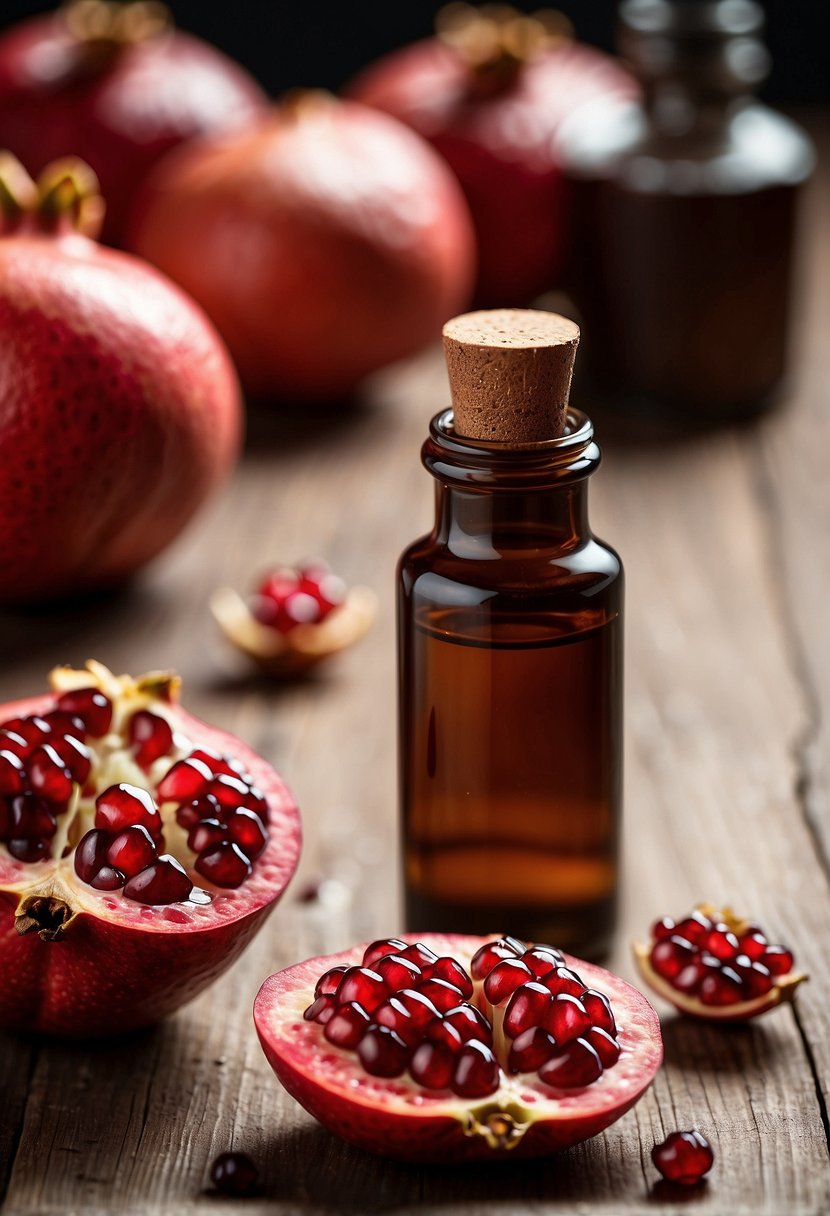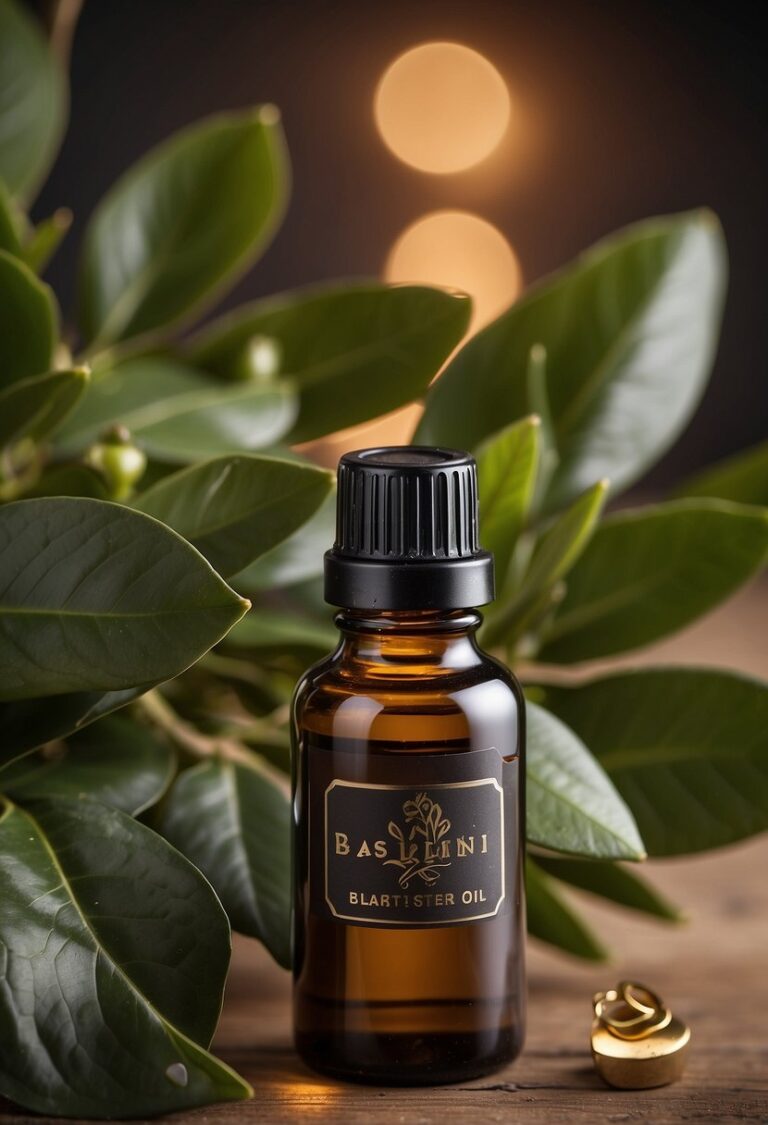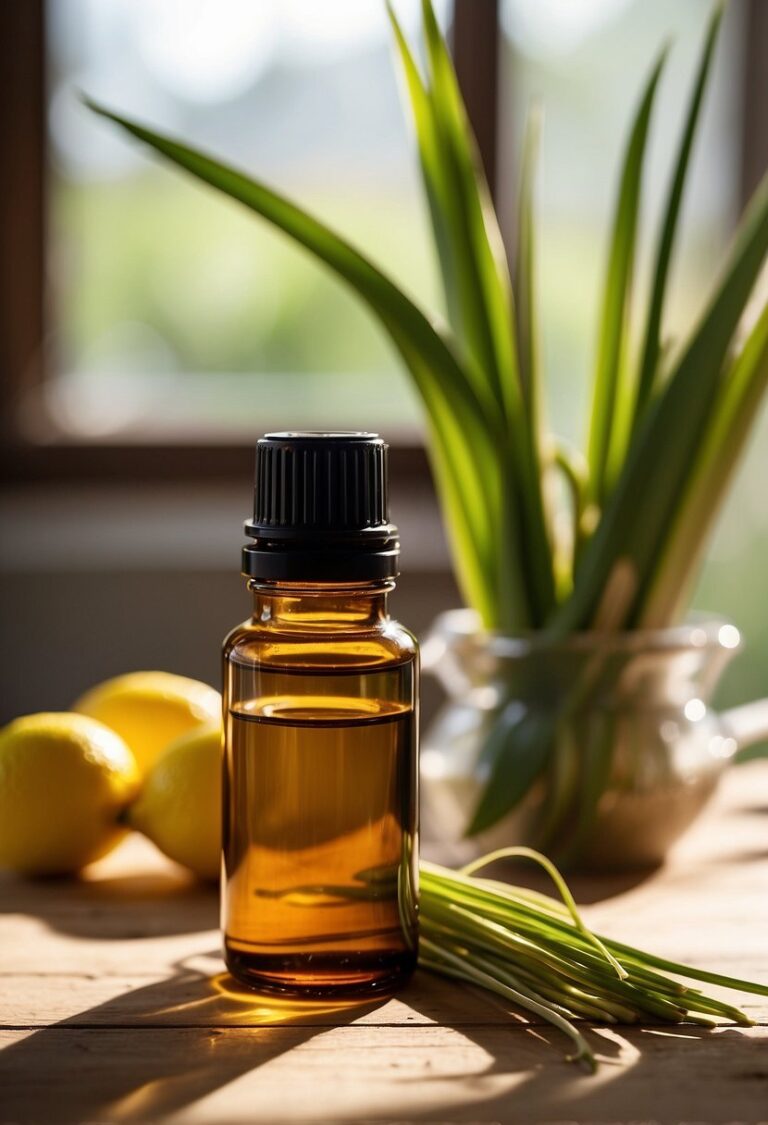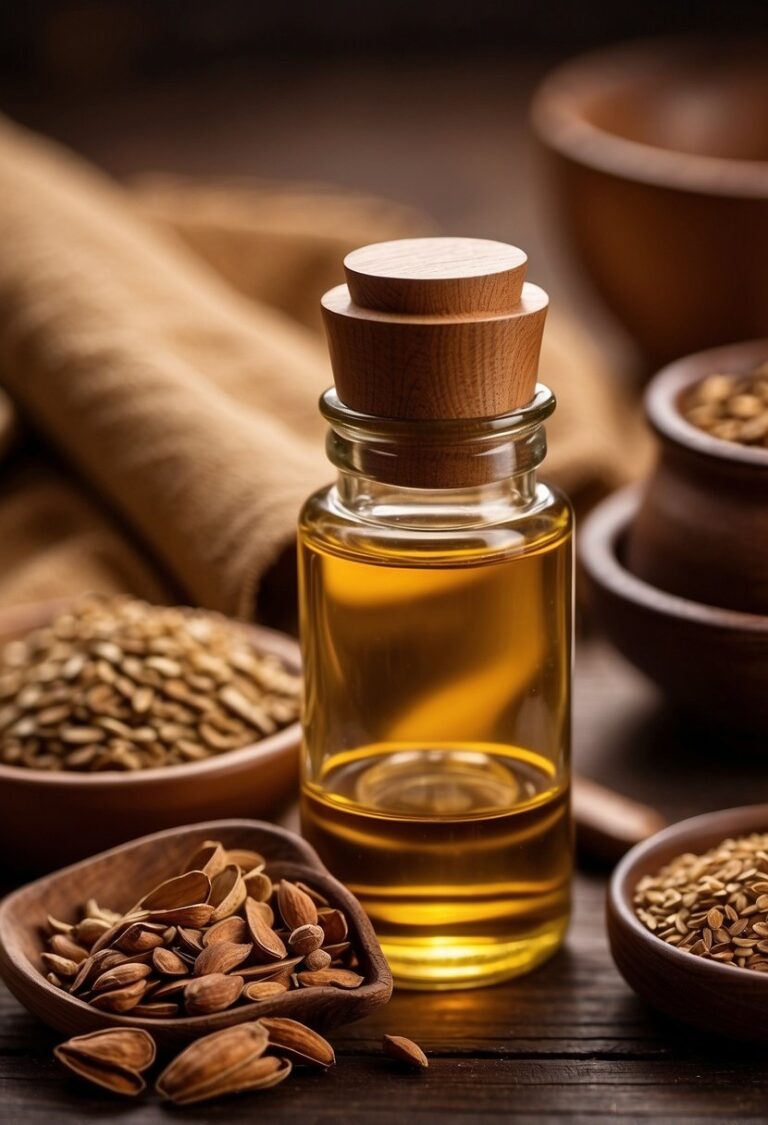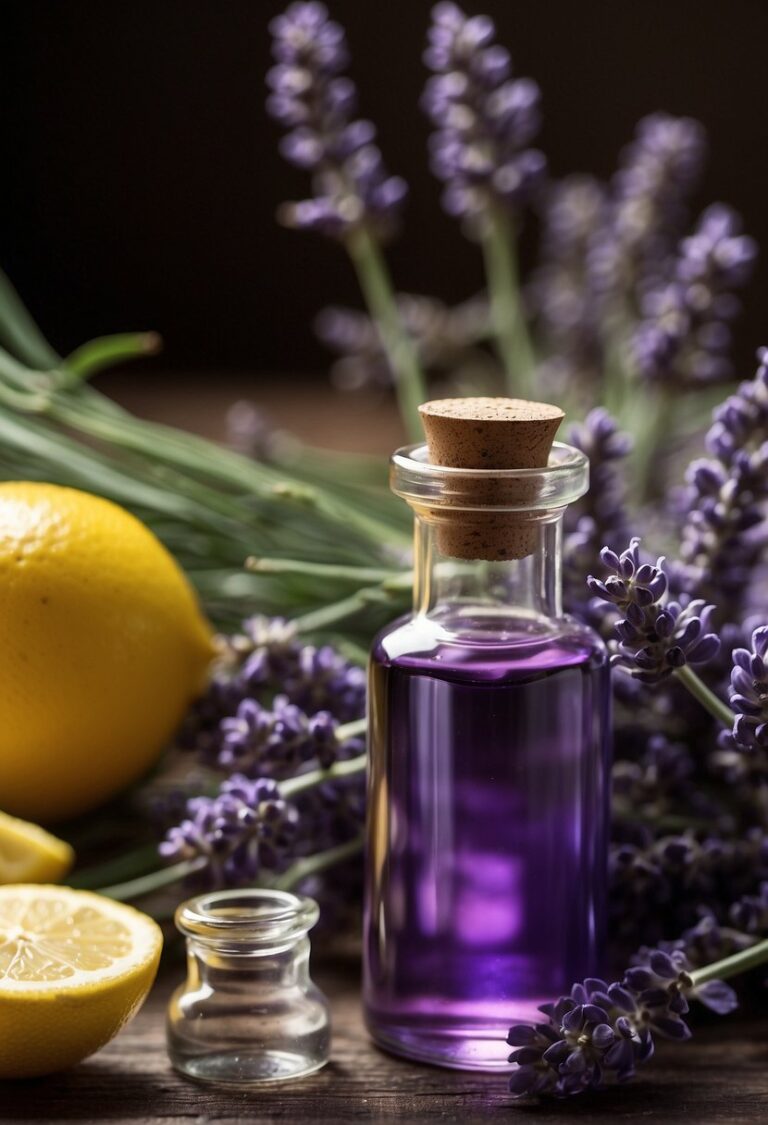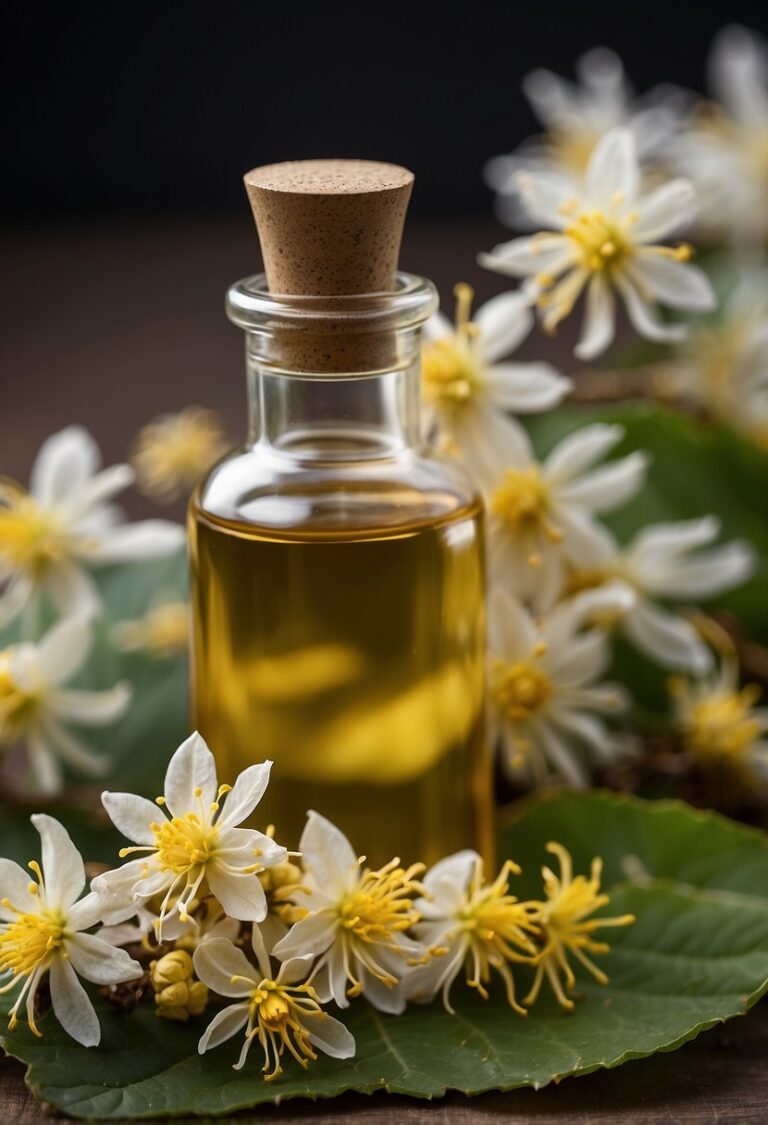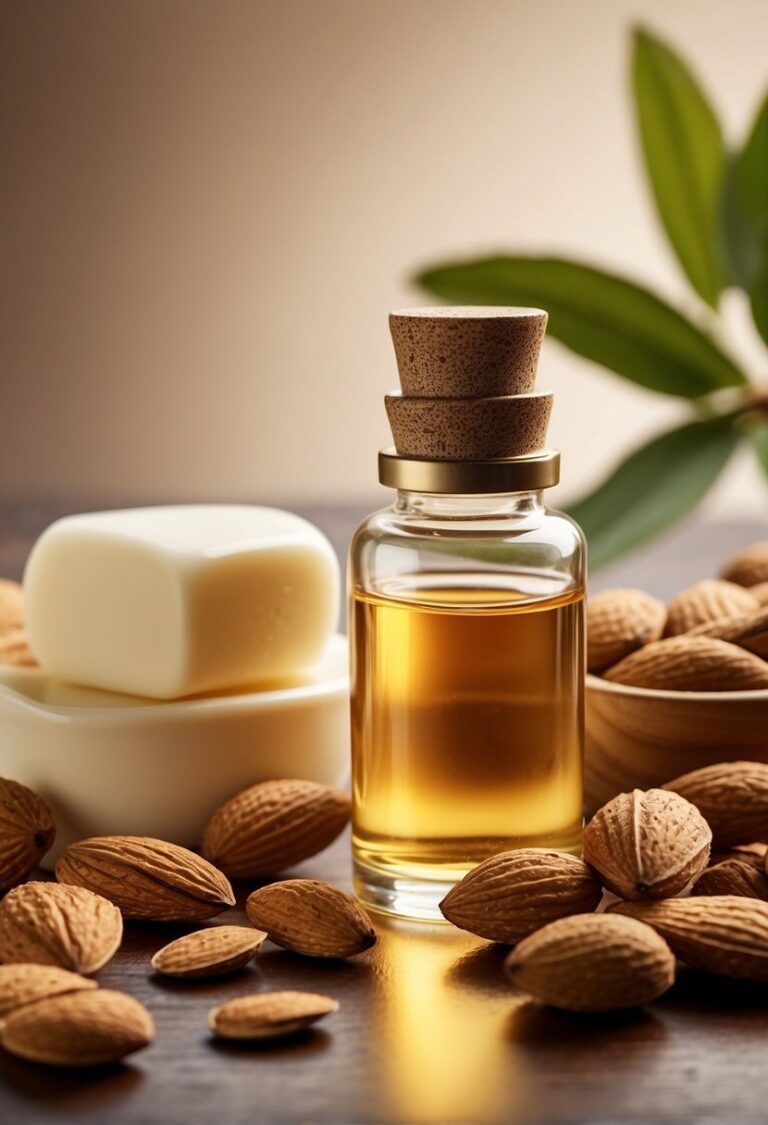Essential Guide to Pomegranate Essential Oil: Benefits and Uses
Pomegranate essential oil is a versatile and beneficial oil that has been used for centuries for its medicinal properties. If you’re new to essential oils or just looking to expand your collection, pomegranate essential oil is a great choice to add to your arsenal. In this essential guide to pomegranate essential oil, we’ll cover everything you need to know about this amazing oil, from its benefits to its uses.

Pomegranate essential oil is extracted from the seeds of the pomegranate fruit, which is native to the Middle East but is now grown in many parts of the world. The oil is extracted through a cold press process or CO2 extraction, and is known for its high yield of bioactive compounds that provide therapeutic benefits. Pomegranate oil is rich in essential fatty acids, including the rare Omega-5 fatty acid Punicic, which aids in skin regeneration and repair.
Whether you’re looking to improve your skin health, boost your immune system, or simply enjoy the pleasant aroma, pomegranate essential oil is a great choice. In the following sections, we’ll delve deeper into the benefits and uses of this amazing oil, so you can make the most of its many properties.
Origins and History of Pomegranate Essential Oil

Pomegranate essential oil is derived from the seeds of the pomegranate fruit. The pomegranate tree (Punica granatum) is believed to have originated in ancient Persia (current day Iran) as far back as the Bronze Age (5,000 B.C. – 3,000 B.C.) [1]. The fruit was highly valued by the ancient Egyptians, who buried their dead with pomegranates as a symbol of eternal life [2].
The use of pomegranate in traditional medicine dates back centuries. The fruit and its various parts have been used to treat a wide range of ailments, from diarrhea and dysentery to respiratory infections and skin disorders [3]. In Ayurvedic and Chinese medicine, pomegranate has been used to treat a variety of conditions, including inflammation, high blood pressure, and diabetes [4].
Pomegranate essential oil has been used in aromatherapy for its many therapeutic properties. It is rich in antioxidants, fatty acids, and other nutrients that offer a wide range of benefits for the body and mind [5]. Pomegranate essential oil is believed to have anti-inflammatory, antimicrobial, and antioxidant properties, making it useful for treating a variety of conditions, from acne and eczema to arthritis and Alzheimer’s disease [6].
Overall, the history of pomegranate and its essential oil is rich and varied, with a long tradition of use in both traditional medicine and aromatherapy. Today, pomegranate essential oil continues to be a popular choice for those seeking natural remedies for a variety of ailments.
[1] Tasting Table
[2] The Practical Herbalist
[3] ScienceDirect
[4] Brave in Bloom
[5] Oils for Wellbeing
[6] Healthline
Extraction and Composition

Extraction Methods
Pomegranate essential oil is extracted from the seeds of the pomegranate fruit. There are several methods used to extract the oil from the seeds, including normal stirring, soxhlet, microwave irradiation, and ultrasonic irradiation 1. The most common method is the cold-pressed method, which involves pressing the seeds to extract the oil without using heat. This method is preferred because it preserves the oil’s natural aroma and flavor.
Key Components
Pomegranate essential oil is rich in antioxidants, vitamins, and minerals 2. It contains high levels of punicic acid, which is a rare conjugated fatty acid that has been shown to have anti-inflammatory and anti-cancer effects 3. Pomegranate essential oil also contains ellagic acid, a compound that has been shown to inhibit the breakdown of collagen in the skin, keeping it firm and plump 1. In addition, pomegranate essential oil is deeply moisturizing and can help to alleviate dry skin 1.
Here is a table summarizing the key components of pomegranate essential oil:
| Component | Function |
|---|---|
| Punicic Acid | Anti-inflammatory and anti-cancer effects |
| Ellagic Acid | Inhibits breakdown of collagen in the skin |
| Vitamin C | Antioxidant and immune system booster |
| Vitamin K | Helps with blood clotting |
| Potassium | Regulates blood pressure |
| Iron | Helps with oxygen transport in the blood |
Overall, pomegranate essential oil is a versatile oil with many benefits for the skin and body. Its rich composition makes it a valuable addition to any skincare routine.
Therapeutic Benefits and Uses

Pomegranate essential oil has several therapeutic benefits that can help improve your overall well-being. Here are some ways you can use this oil to your advantage.
Aromatherapy Advantages
Pomegranate essential oil can be used in aromatherapy to promote relaxation, reduce stress, and improve your mood. You can add a few drops of the oil to a diffuser or vaporizer to fill your room with its sweet and fruity aroma. Alternatively, you can add a drop or two of the oil to a cotton ball and inhale it directly for a quick pick-me-up.
Topical Applications
When applied topically, pomegranate essential oil can help improve the health of your skin and hair. It has anti-inflammatory and antioxidant properties that can help soothe irritated skin, reduce the appearance of fine lines and wrinkles, and promote a clear and healthy complexion. You can add a few drops of the oil to your favorite moisturizer or carrier oil and apply it to your skin or hair.
Internal Use Precautions
While pomegranate essential oil has many benefits, it is important to note that it should not be ingested without the guidance of a healthcare professional. Ingesting essential oils can be dangerous and may cause serious side effects. Always dilute the oil properly and use it externally only.
In conclusion, pomegranate essential oil is a versatile and beneficial oil that can be used in many ways. Whether you are looking to reduce stress, improve your skin, or promote relaxation, this oil can help. Remember to use it safely and always consult with a healthcare professional before ingesting it.
Practical Tips for Using Pomegranate Essential Oil

Pomegranate essential oil is a versatile oil that can be used in a variety of ways. Here are some practical tips to help you get the most out of your pomegranate essential oil.
Blending Recommendations
Pomegranate essential oil blends well with a variety of other essential oils. Here are some recommended blends:
- For a relaxing massage oil, blend pomegranate essential oil with lavender and chamomile essential oils.
- For an invigorating blend, mix pomegranate essential oil with peppermint and lemon essential oils.
- To create a facial oil that promotes healthy skin, blend pomegranate essential oil with rosehip seed oil and frankincense essential oil.
When blending essential oils, it’s important to dilute them properly. Use a carrier oil, such as jojoba oil or sweet almond oil, to dilute the essential oils before applying them to your skin.
Storage and Safety
To ensure the longevity of your pomegranate essential oil, store it in a cool, dry place away from direct sunlight. Make sure to keep the bottle tightly closed when not in use.
When using pomegranate essential oil, always follow proper safety guidelines. Do not apply undiluted essential oil directly to your skin. Always perform a patch test before use to ensure you are not allergic to the oil. If you experience any irritation, discontinue use immediately.
Ingesting essential oils is not recommended unless under the guidance of a qualified healthcare practitioner. Keep essential oils out of reach of children and pets.
By following these practical tips, you can safely and effectively use pomegranate essential oil in a variety of ways.
